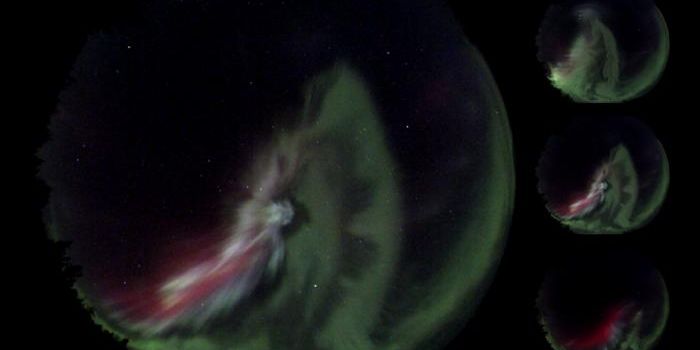This bacterium can eat oil spills
Oil spills are a big problem – but the answer to cleaning them up may stem from something very small: Alcanivorax borkumensis - a bacterium that eats hydrocarbons. New research from the Institut national de la recherche scientifique (INRS) suggests that this bacterium is the perfect strain for cleaning up oil spills, both in water and soil. Professor Satinder Kaur Brar and colleagues have been searching for years for a bacterium whose enzymes are capable of the job and this microscopic non-pathogenic marine bacterium seems to be the right fit.
Oil spills are becoming increasingly frequent, and the U.S. Department of Energy estimates that 1.3 million gallons of petroleum are spilled into U.S. waters from vessels and pipelines on average per year. (Bear in mind that’s only U.S. waters, not globally.) The cost to clean up an oil spill often tops several billion dollars – money that could be otherwise well-spent in prevention efforts.
The bacteria are found commonly throughout oceans around the world, in particularly large populations around areas with high concentrations of oil compounds. However, until recently the bacterium’s genome and its significance were unclear. "I had a hunch," said Dr.Tarek Rouissi, "and the characterization of the enzymes produced by the bacterium seems to have proven me right!" The bacterium’s genome is categorized as "hydrocarbonoclastic" -- i.e., it uses hydrocarbons as a source of energy.
The bacterium’s enzymes evolved to be highly specialized for degrading oil compounds; their hydroxylases, in particular, are especially effective. In order to test the bacterium’s capabilities, the researchers unleashed the bacterium’s enzymes on samples of contaminated soil. They found that the enzymes were able to degrade over 80% of the oil compounds, including benzene, toluene, and xylene.
The team hopes that their finding will revolutionize the way we manage oil spills. As of now, clean-up requires too much time, resources, and money to be effective. The authors foresee the future of oil spill clean-up to be much more “simple, effective, and eco-friendly” with the help of Alcanivorax borkumensis.
Sources: Science Daily, Biochemical Engineering Journal









